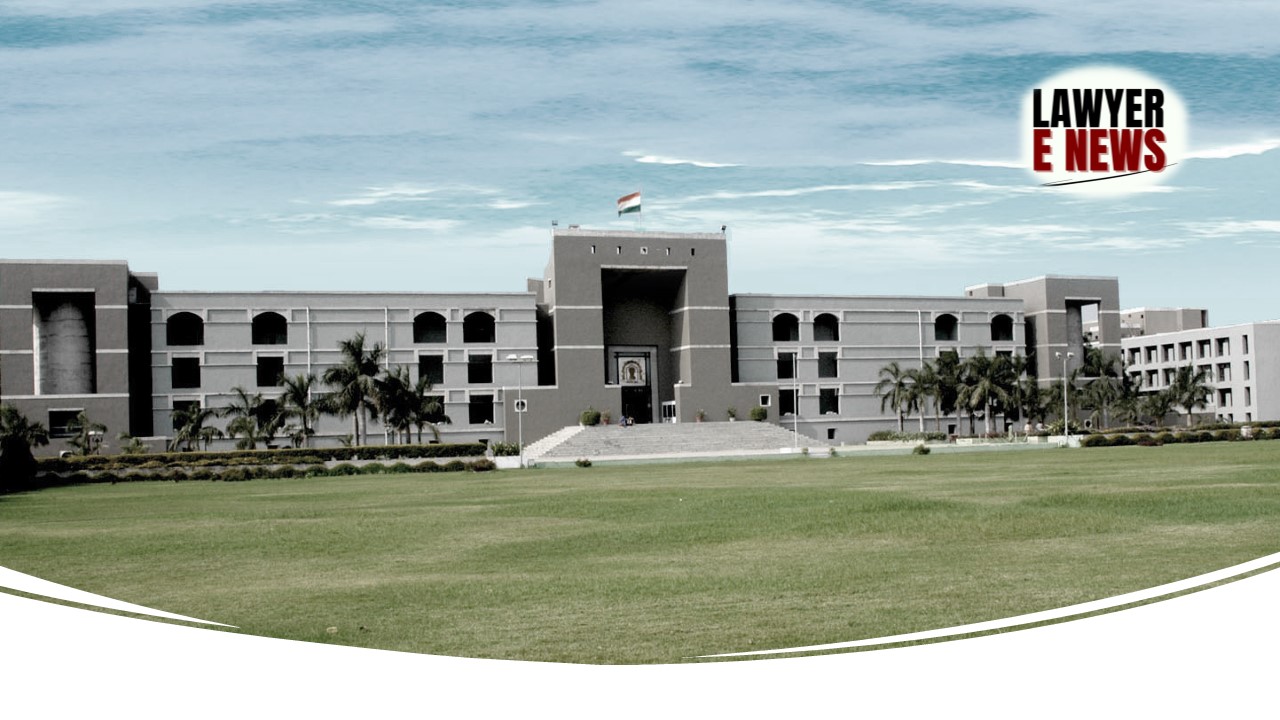-
by Admin
15 February 2026 5:01 PM



In a significant ruling on November 20, 2024, the Gujarat High Court dismissed a petition challenging the trial court's order to appoint a Court Commissioner under Order XXVI Rule 9 of the Code of Civil Procedure, 1908. The Court held that such appointments are permissible at the initial stages of proceedings to elucidate facts and assist in resolving disputes, particularly concerning property boundaries or physical conditions.
The dispute arose in Regular Civil Suit No. 46 of 2024, where the respondent, as the plaintiff, sought a declaration and permanent injunction concerning a contested property. The trial court allowed the respondent's application for the appointment of a Court Commissioner to inspect the property and prepare a report.
The petitioners, defendants in the suit, objected to the appointment, arguing that procedural rules under Order XXVI Rule 9 and Section 75 of CPC did not permit such measures at an early stage of litigation. They contended that the appointment amounted to collecting evidence improperly.
Justice Divyesh A. Joshi, writing for the Gujarat High Court, rejected the petitioners' objections, affirming the trial court's decision. The Court ruled:
"The appointment of a Court Commissioner is not restricted to any specific stage of proceedings. It is permissible at the preliminary stage to elucidate facts necessary for justice, especially in property disputes."
The Court underscored that the provision empowers courts to order local investigations when necessary to clarify matters in dispute, such as property boundaries or possession. The Court cited Rajesh Kumar Gautam v. M.M.V.C. Ashram, where it was held that such appointments are valid at any stage of the proceedings.
The Court reaffirmed the principle that procedural laws must serve justice. Referring to Ghanshyam Dass v. Dominion of India, the judgment emphasized:
"Procedural prescriptions are aids, not obstructions, in the administration of justice. The rigid application of procedural laws should not defeat the cause of justice."
Addressing the petitioners’ concerns about the misuse of the Court Commissioner’s role to collect evidence, the Court clarified:
"The purpose of the appointment is fact-finding and clarification, not evidence collection. It does not prejudice the rights of either party."
The Gujarat High Court dismissed the Special Civil Application No. 15854 of 2024, holding that the trial court’s order was legally sound and aligned with judicial precedents. It concluded:
"There is no infirmity in the findings of the trial court. The application fails and is hereby rejected."
This ruling reinforces the judiciary’s commitment to ensuring that procedural mechanisms are employed flexibly to facilitate justice rather than impede it.
Date of Decision: November 20, 2024
